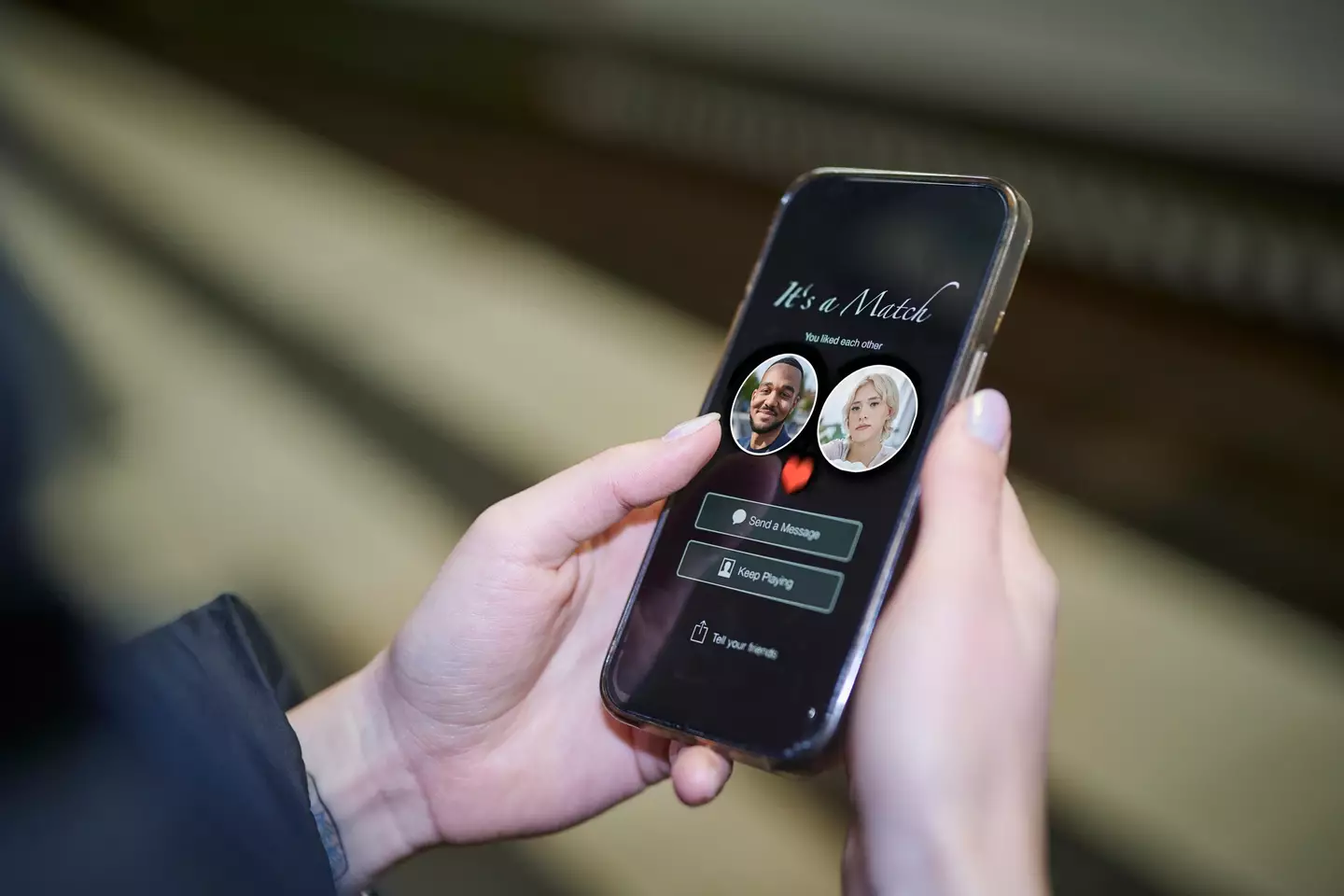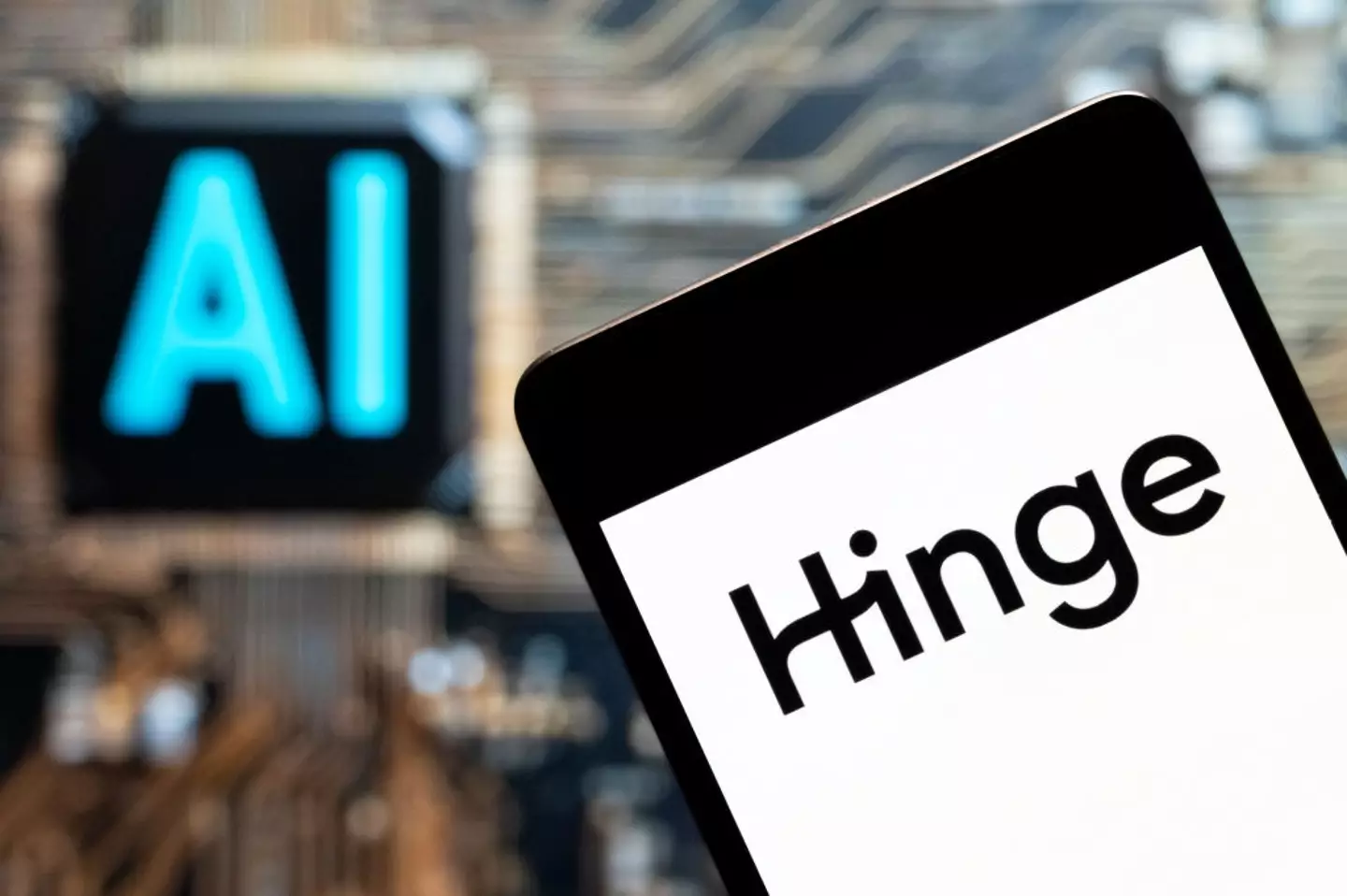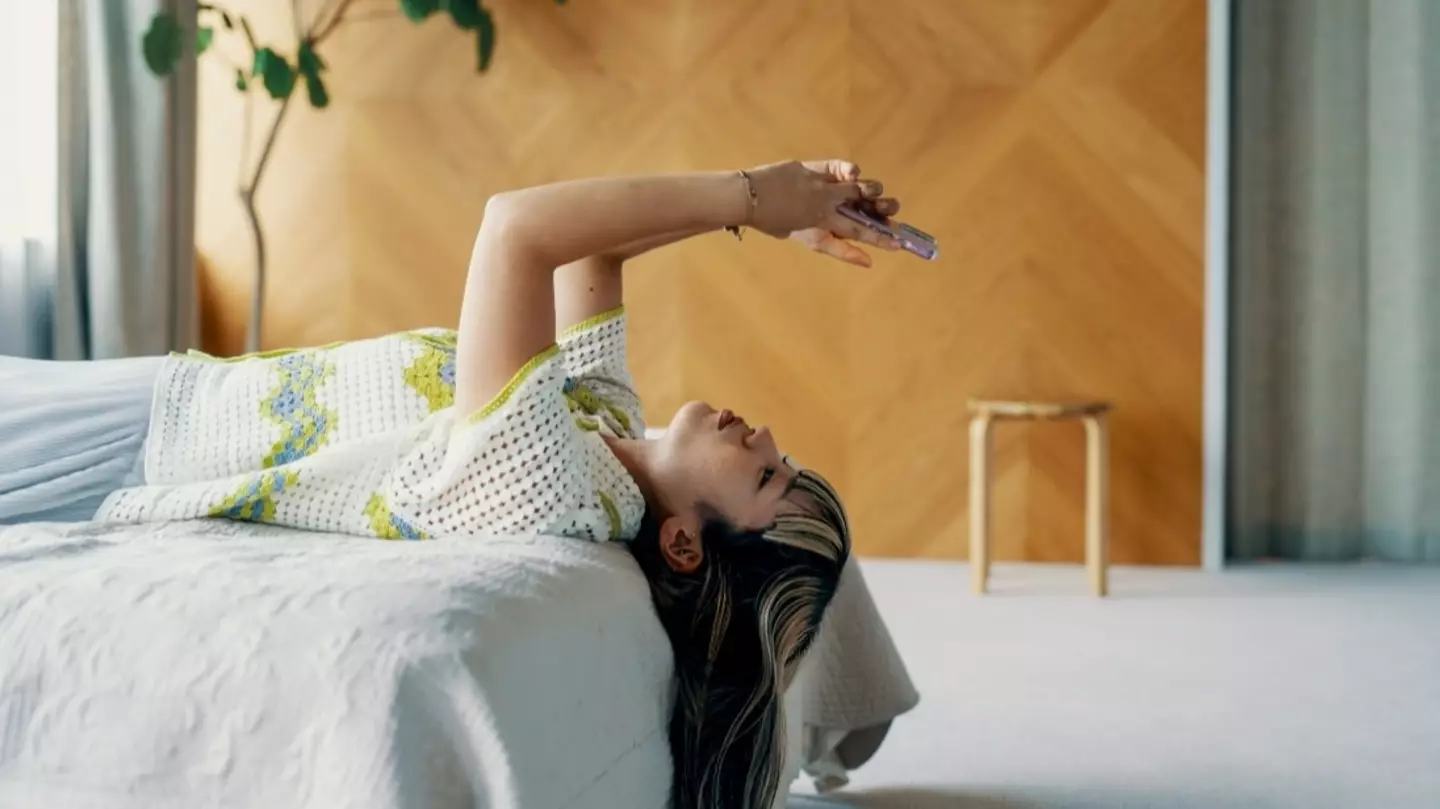Dating apps are already a maze of confusion, and now there’s another issue to deal with, involving more than just the typical ghosting, but rather the ghosts within the algorithms.
Rachel experienced this firsthand when she arrived at the pub to meet a match from Hinge. She anticipated a connection, having spent weeks exchanging messages about love, childhood, and even attachment styles. However, the person she met seemed like a stranger.
She explained to The Guardian, “I felt like I was sitting opposite someone I’d never even spoken to… I tried to have the same sort of conversation as we’d been having online, but it was like, ‘Knock, knock, is anyone home?’ – like he knew basically nothing about me.”
Modern dating trends are constantly evolving, introducing new dynamics like zip coding, relationship anarchy, and floodlighting. Yet, there’s an emerging trend that’s rapidly infiltrating the dating scene.

This phenomenon is called ‘chatfishing’, where individuals use AI tools like ChatGPT to compose their dating messages. It ranges from crafting clever openers to delivering profound emotional responses. Think of it as catfishing, but for the digital assistant age, subtly altering the landscape of romance and relationships.
A survey by Sky News indicates that 57 percent of people find the use of AI in dating apps dishonest. Nevertheless, many continue to do so. Some view it as a benign aid for easing into conversations, while others rely on it for their entire dating approach.
Some individuals have used AI as a virtual assistant in their dating lives, with varying outcomes.
Rich, at 32, shared how he consulted ChatGPT on when to text a woman he met in a bar. The AI suggested waiting until Monday and advised keeping the message “light, warm, and low-stakes so it reads as genuine interest without urgency.”
When he eventually reached out with, “Hey Sarah, it was lovely to meet you,” he received no response.
Futurism noted that this trend might be keeping individuals single instead of helping them find meaningful connections.

As more people turn to AI for guidance in their romantic endeavors, the results can be cringingly awkward, leading to conversations that feel mechanical and disconnected.
Nina, 35, received a message saying, “Your smile is effortlessly captivating,” and responded with what many might feel: “No one talks like that.”
Experts caution that while AI might simplify initial interactions, it cannot manufacture genuine chemistry.
Relationship coach Paul C Brunson told The Guardian, “AI is amazing and it has the potential to help a lot of people – of course it depends on the degree to which someone is relying on it and the purpose behind why they’re using it”.

